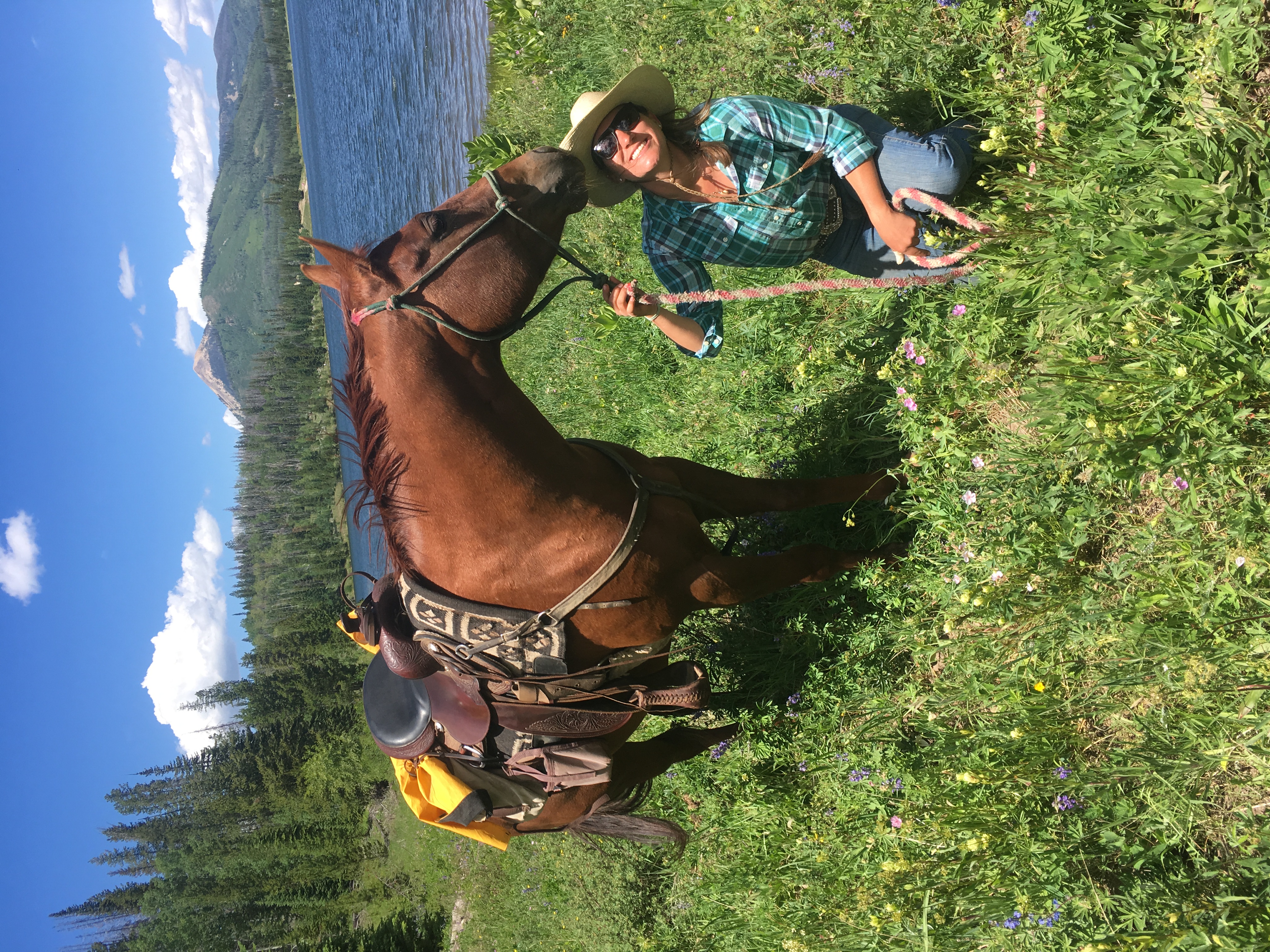Leasing a horse is paying an agreed-upon amount of money, usually monthly, in exchange to ride a horse a certain amount of times. There are several types of leases to choose from.
Full Horse Lease
A full lease allows you to ride the horse as much as you want. You have full access to riding the horse daily if you wanted to. In exchange, you agree upon a contract which outlines your responsibilities. This includes up keeping the horse’s physical and mental health, paying certain vet or farrier bills, paying the horse’s boarding costs, or other expenses. The agreement is usually contingent on a monthly fee of the horse’s boarding costs and part of the vet bills. This is the closest relation to owning a horse. The price ranges from $300–800 a month.
Half Horse Lease
A half lease allots the person leasing certain amount of days a week, or month, to ride the horse. For example, some contracts let you ride the horse on Saturdays and Sundays. Usually, a half lease costs anywhere from $100–300 a month.
Lease to Own
This special type of lease is usually an agreed-upon amount of time before you must decide if you want to purchase the horse or stop leasing it. This is an option on horses that are offered for sale. Typically its a one month lease to own agreement. The price of this is dependable on the price of the horse.
Pros of Leasing a Horse
- You aren’t solely responsible for the care and health of the horse: Usually, the owner is still in contact with you and aiding in the horse’s overall care. The owner is there to answer any questions you have about the horse or any problems you may come along.
- You don’t have to pay full vet bills: In most cases, the contract does not put you in charge of paying the horses vet bills, such as vaccines or farrier bills. Of course, this is dependent on the contract you sign. Some full leases do require you to pay these bills.
- You don’t have the commitment of owning an animal: If you’re not sure where life may take you or if you are still in school, this is a great way to have the pros of owning your own horse without the long term commitment of having a horse and continuing to pay bills for the horse even when life changes.
Cons of Leasing a Horse
- Legalities: Reading through and signing a contract should be a detailed understood process by both the owner of the horse and by the leasor. This is very important to protect yourself if anything happens to the horse so the owner cannot blame you. Horses are animals and can get injured, require massive vet bills, and special food. So it’s important you go into a contract understanding whose responsibility it is to pay expensive bills that may arise from unforeseen circumstances.
- No say on the horses health: If you disagree with something the horse owner is doing to the horse, such as feeing it bad food, over working the horse, or other things, the owner has the say in what goes.
- Falling in love with an animal that’s not yours! If the owner decides they don’t want to lease their horse anymore, they are moving away, or other life events happen, you will lose that horse you’ve built a bond with.
Horse Lease Contract Examples
You can find a lot of lease contracts online. Here are some examples. Remember, they must be specifically dated and include the name of the horse, the owner, the person leasing, and the agreed-upon riding days and prices.
Leasing is a great option if you aren’t ready for the commitment and price of owning your own horse. Working with the horse’s owner is key to having a successful time leasing a horse. Lastly, have fun with the horse! If you enter into a lease and you realize it’s not what you had in mind, you can always break out of it.

Leave a Reply